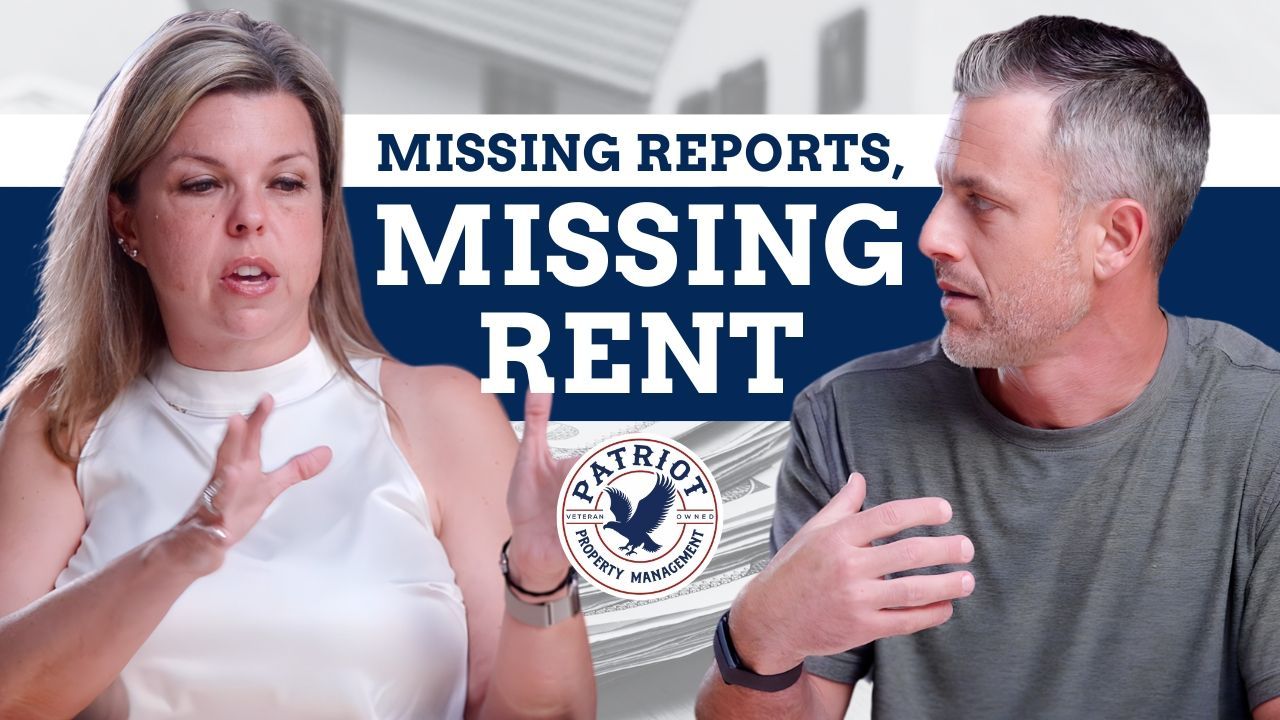How Can You Avoid Fair Housing Lawsuits?
How Can You Avoid Fair Housing Lawsuits?
Stay informed on fair housing laws to avoid costly violations and ensure your rental practices remain fair and compliant.
Are you prepared for a Fair Housing Tester visit? Fair housing testers pose as prospective renters or buyers to ensure landlords, property managers, and real estate professionals aren’t engaging in discriminatory practices. And here’s the thing—even an unintentional violation can lead to serious fines and legal action!
According to the National Fair Housing Alliance (NFHA), there were 33,007 fair housing complaints filed in 2022—the highest number ever recorded. That means testing is increasing, and landlords and property managers must be proactive in compliance. Here’s how you can protect yourself and ensure you’re following fair housing laws:
1. Stay educated on fair housing laws. Ignorance isn’t an excuse. If you don’t know the law, you’re more likely to break it. Regularly attending fair housing training seminars is one of the best ways to stay informed. Consulting with a real estate attorney who specializes in fair housing can also provide valuable guidance. Keeping detailed documentation of all rental applications and approvals ensures you have a record of your compliance.
Many fair housing complaints result from unintentional language or informal conversations. A simple comment could be misinterpreted, leading to serious consequences. Staying informed helps you avoid costly mistakes
and ensures you’re following the law.
"Having a standardized process protects you legally and promotes a fair and transparent rental experience for everyone."
2. Watch your advertising language. Your rental listings, flyers, and social media ads must be neutral and inclusive. Avoid language that suggests a preference for a specific type of tenant. Instead of saying, “Perfect for families,” describe the property as a “Spacious 3-bedroom home.” Rather than “Great for young professionals,” you could highlight the features with “Modern condo with city views.” Even location-based phrases like “Near churches and synagogues” can be problematic. It’s better to stick to factual descriptions like “Close to shopping and public transportation.”
Even seemingly harmless phrases can be considered discriminatory under fair housing laws. Always focus on the property itself, not the type of tenant you believe would be the best fit.
3. Standardize your tenant screening process. A written, objective screening policy is your best defense against discrimination claims. Using the same criteria for all applicants—such as credit score, income, and rental history—ensures consistency. Keeping detailed records of all interactions and application decisions helps demonstrate that every applicant was treated fairly. Training your staff to remain professional and neutral in all communications reduces the risk of unintentional bias.
If a fair housing tester finds inconsistencies in how applicants are treated, it could lead to fines or lawsuits. A standardized process protects you legally and promotes a fair and transparent rental experience for everyone.
Fair housing compliance isn’t just about avoiding fines—it’s about creating a fair and transparent rental process. If you’re unsure whether your policies are fully compliant, reach out today through phone or email. I can help you navigate fair housing laws and avoid common pitfalls, ensuring your real estate business stays protected. I look forward to hearing from you!







